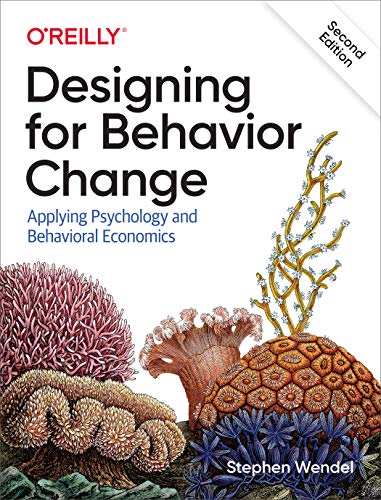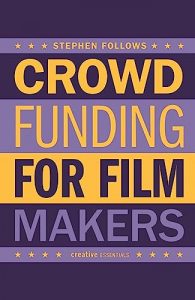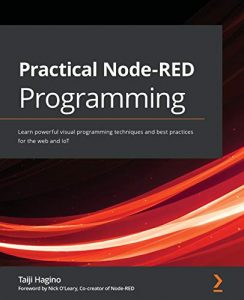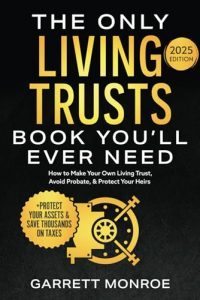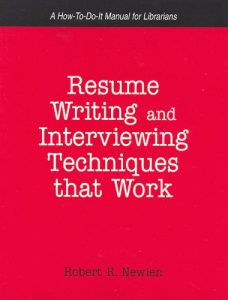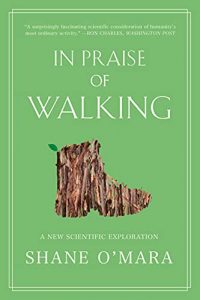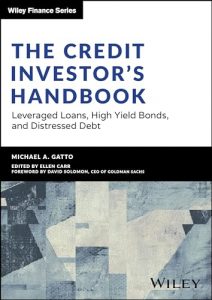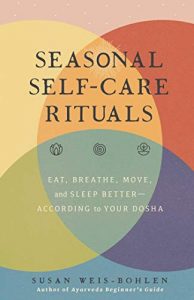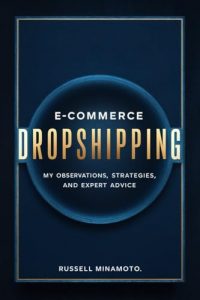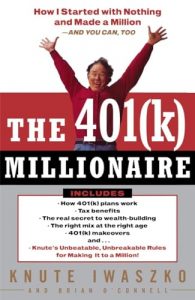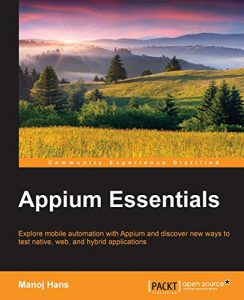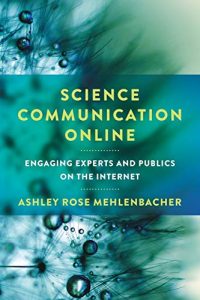1. Designing for Behavior Change: Applying Psychology and Behavioral Economics
In “Designing for Behavior Change”, Stephen Wendel delves deep into how we can harness the principles of psychology and behavioral economics to create designs that effectively influence behavior. This book is perfect for designers, marketers, or anyone interested in understanding how subtle changes in design can lead to significant changes in human behavior. Wendel provides practical insights and real-world examples that make the concepts easy to grasp and implement, making it a valuable resource whether you’re looking to improve user engagement or drive better customer decisions.

2. Behavioral Economics for Leaders: Research-Based Insights on the Weird, Irrational, and Wonderful Ways Humans Navigate the Workplace
Matthias Sutter’s “Behavioral Economics for Leaders” offers a refreshing perspective on leadership and workplace dynamics. This book unveils the quirky behaviors that often govern decisions within organizational settings. Sutter’s insights, drawn from rigorous research, illuminate how understanding the irrationalities of human behavior can equip leaders with tools to foster improved team dynamics and enhance productivity. An excellent choice for both new and seasoned leaders, this book enables readers to rethink traditional leadership methods and strategies.

3. Principles of Behavioral Economics
Sanjit Dhami’s “Principles of Behavioral Economics” serves as a comprehensive introduction to this captivating field. With a focus on the foundational theories and principles, Dhami outlines how behavioral economics diverges from classical theories and showcases the real-world implications of human decision-making tools. This book is essential for academics and practitioners alike, offering both theoretical underpinnings and practical applications that extend into policy-making, marketing, and everyday life decisions. It opens the door to a deeper understanding of economic behavior.

4. A Course in Behavioral Economics
For those seeking a structured examination of behavioral economics, “A Course in Behavioral Economics” by Erik Angner provides just that. This book is ideal for students and budding economists, presenting complex ideas in a clear and engaging manner. Angner breaks down key concepts, theories, and empirical evidence, facilitating improved comprehension and application of behavioral economics principles. Its accessibility makes it suitable for non-experts, while its depth ensures it remains relevant to those more familiar with the field.

5. What Your Customer Wants and Can’t Tell You: Unlocking Consumer Decisions with the Science of Behavioral Economics
Melina Palmer’s “What Your Customer Wants and Can’t Tell You” is an indispensable guide for marketers and business owners looking to elevate their understanding of consumer behavior. Palmer unlocks the secrets behind consumer decision-making processes, providing insights that are often elusive. Her engaging style and practical strategies empower readers to align their marketing efforts with authentic consumer needs. This book not only elucidates behavioral economics principles but also helps you craft messaging that resonates and drives decision-making.

6. The Foundations of Behavioral Economic Analysis
In “The Foundations of Behavioral Economic Analysis”, Sanjit Dhami presents a deep exploration into the principles underlying behavioral economic theory. Aimed at those with a serious interest in economics and its applications, this book combines theoretical insights with a discussion of practical implications. Dhami’s meticulous analysis offers an enriching resource for researchers and policymakers alike, enabling a transformation of how economic behavior is understood and influenced. This volume is a must-read for anyone serious about the intersection of economics and human psychology.

7. Behavioural Economics: Psychology, neuroscience, and the human side of economics
David Orrell’s “Behavioural Economics” takes readers on a journey through the interrelation of psychology, neuroscience, and economic behavior. This book highlights the human side of economics, illuminating the often overlooked emotional and cognitive factors that drive decision-making. With a price point that makes it accessible, Orrell’s work is engaging, approachable, and filled with stirring insights. This book challenges traditional economic assumptions, making it a fantastic read for both students and business professionals wishing to grasp the nuances of consumer behavior.

8. Behavioral Economics
Arthur O’Sullivan’s “Behavioral Economics” serves as a pivotal text that not only informs but also inspires readers to rethink economic models by considering psychological influences. This book combines evidence with theory, helping readers appreciate the deep connections between economics and behavioral science. O’Sullivan’s writing is both informative and accessible, making complex concepts easier for a broader audience to understand. Whether a student or casual reader, this book is aimed at those eager to expand their knowledge of how behaviors shape economic outcomes.

9. Behavioral Economics and Public Health
“Behavioral Economics and Public Health” by Ichiro Kawachi and Christina A. Roberto applies behavioral economics insights to public health issues, revealing the impact of behaviors on health outcomes. This book merges theory with practice, offering perspectives on how public policies can be shaped by understanding human behavior. It’s an essential reading for public health professionals, policymakers, and anyone interested in improving community health through behavioral change strategies. The authors provide valuable tools for shaping effective health communication and intervention programs.

10. Behavioral Game Theory: Experiments in Strategic Interaction
Colin F. Camerer’s “Behavioral Game Theory” presents a meticulous exploration of strategic interactions through the lens of behavioral economics. The book draws on various experiments to shed light on how strategic decision-making in games reveals insights about human behavior. Camerer’s work is critical for anyone interested in economics, psychology, and the dynamics of human interaction, offering practical applications as well as theoretical insights. This book is a rich source of knowledge for scholars and practitioners wishing to deepen their understanding of strategic behavior.


